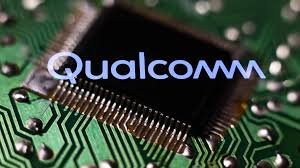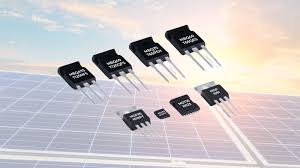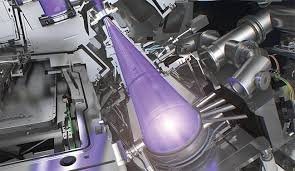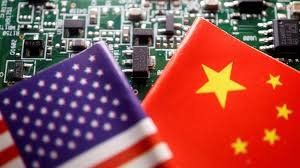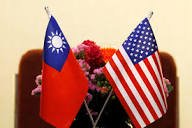Qualcomm Faces China Antitrust Probe Over Autotalks Acquisition
SAMR alleges Qualcomm completed the $X acquisition without Beijing approval, heightening U.S.–China tech tensions amid semiconductor rivalry and export controls.
China has launched an antitrust investigation into U.S. semiconductor giant Qualcomm, alleging that the company completed its acquisition of Israeli chip designer Autotalks without the necessary regulatory approval from Beijing — a move that has reignited trade frictions between the world’s two largest economies.
The State Administration for Market Regulation (SAMR) confirmed that it began investigating Qualcomm after discovering that the firm finalised the Autotalks purchase in June 2025 despite earlier guidance requiring prior approval.
According to SAMR, Qualcomm was informed in March 2024 that the proposed deal required clearance under China’s antitrust laws. The company reportedly responded that it would not proceed with the acquisition. However, the regulator said Qualcomm went ahead with the transaction more than a year later without notifying Chinese authorities.
“Qualcomm has acknowledged the above facts,” SAMR stated, noting that the omission forms the basis of the ongoing probe.
The U.S. chipmaker confirmed completing the acquisition but declined to comment further on the regulatory review. The company’s shares fell more than 5% last week following renewed tensions between Washington and Beijing, compounded by remarks from U.S. President Donald Trump threatening higher tariffs and the cancellation of a scheduled meeting with Chinese President Xi Jinping.
Geopolitical Undercurrents and Semiconductor Rivalry
The investigation marks another flashpoint in the intensifying U.S.–China technology rivalry, where semiconductors remain at the heart of strategic competition. Analysts suggest that Beijing’s move may also serve as a signal to American tech firms operating in China that compliance with local regulations will face heightened scrutiny amid ongoing export controls from Washington.
The Autotalks acquisition, completed for an undisclosed sum, was aimed at strengthening Qualcomm’s position in automotive connectivity and autonomous driving technologies — a rapidly expanding segment of the semiconductor market.
Wider Diplomatic Context
The regulatory action coincided with a meeting between Indian Prime Minister Narendra Modi and Cristiano Amon, President and CEO of Qualcomm, where discussions reportedly focused on advancing semiconductor manufacturing and innovation partnerships in India.
Industry observers note that while the probe directly concerns an acquisition, it carries broader implications for global supply chains, signalling China’s intent to assert stronger oversight of foreign technology investments even as it accelerates domestic chip development.
As trade tensions deepen and both powers race to secure leadership in next-generation computing, the Qualcomm case underscores how regulatory policy has become an instrument of geopolitical strategy in the global semiconductor arena.

